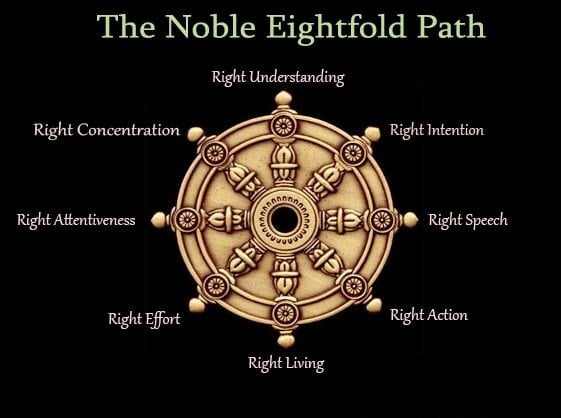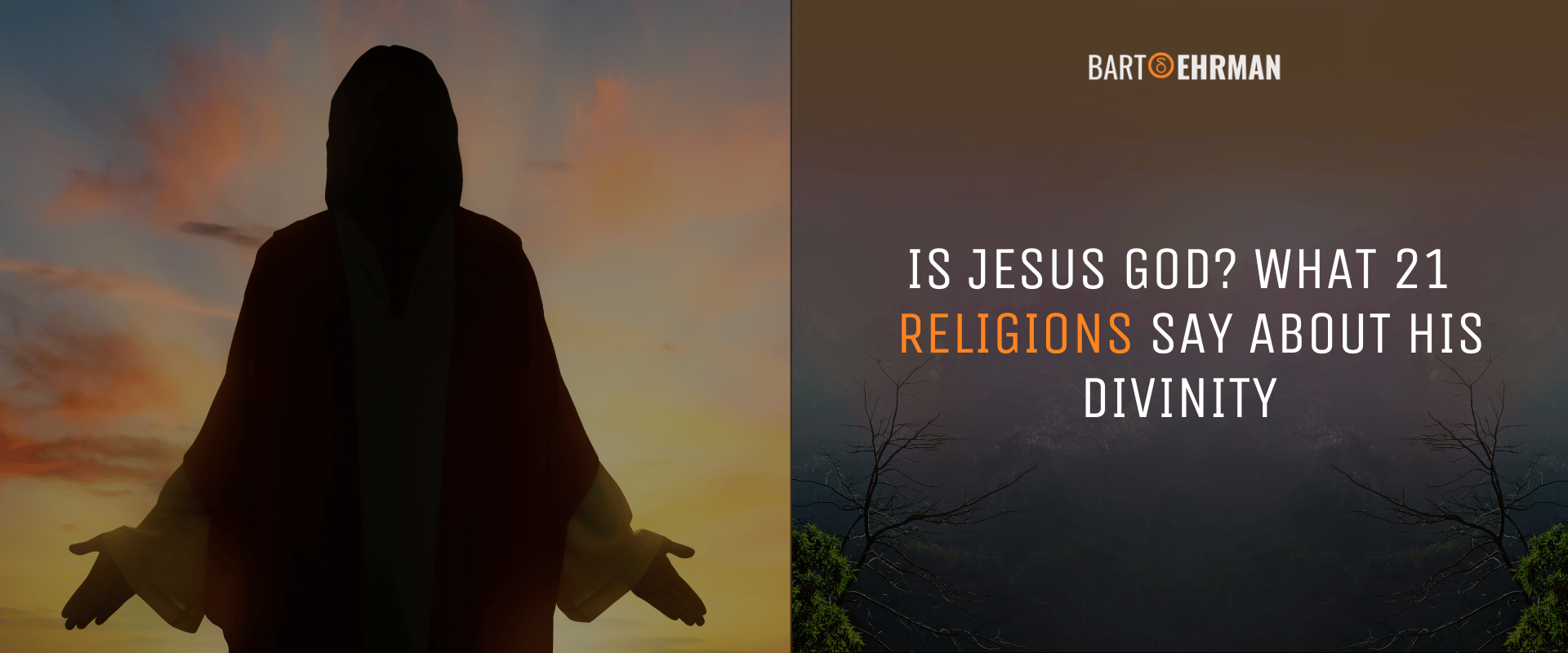Correct.That seems to fit with the maxim about not being a liberal when young means one has no heart and not being a conservative in middle-age means one has no brain. Abby's living "life on his own terms" is the aspiration of most teenagers. Most people outgrow it since they either do it or they don't. Most do. 25 year olds still living at home is an anomaly of our times.
Agreed his philosophy seems more idealistic, as opposed to realistic. Again, common among teenagers but not for the over-30 age group.
Facing affordability challenges, the share of 25- to 34-year-olds living with parents has risen after trending down during the pandemic.
Millions of young (and not-so-young) adults still live at home
Facing affordability challenges, the share of 25- to 34-year-olds living with parents has risen after trending down during the pandemic.www.realestatenews.com
During the pandemic, more young adults started living on their own, but as rents and home prices rose, that trend appears to have stalled.
About 8.5 million adults between the ages of 25 and 34 were living in the homes of their parents or parents-in-law in 2023, according to a National Association of Home Builders analysis of the most recent U.S. Census data. That's a slight increase from 2022 after declining for five consecutive years.
Trends over time: The financial crisis of 2008 had both immediate and lasting effects on millennials, who were about to embark on college or careers at the time. They found themselves saddled with student loan debt, and over the next decade, they had higher rates of unemployment than any other generation, making it difficult to save up for an apartment or house.
That coincided with a sharp increase in the share of young adults living with parents, which rose from about 15% in 2007 to 22% — or 9.7 million young adults — a decade later.
But in 2019, the percentages began trending back down, with big drops between 2020 and 2022.
While below peak levels seen in 2017 and 2018, the latest numbers remain well above historical levels. In 2000, for example, just 12% of young adults (4.6 million) still lived at home.
I decided Edward Abby was really only a sage for people under 25 years old. That bullshit about ignoring society expectations and living on your own terms only works for real eccentrics.
On the previous tangent, there is something mildly ridiculous secularists who call themselves Zen Buddhists, but then deny the religious aspect of Buddhism.
The most famous event of the Buddha's life involved being tempted by demons and spirits under the Bodi tree, and the most famous canonical book attributed to The Buddha is chock full of references to deities and demons.
I can't figure out why one would attach the label 'Buddhist' to their lifestyle, but then disavow the teachings and life experience of the Buddha



:max_bytes(150000):strip_icc()/TrinityKnot-503332206-5b43845646e0fb005b302388.jpg)

